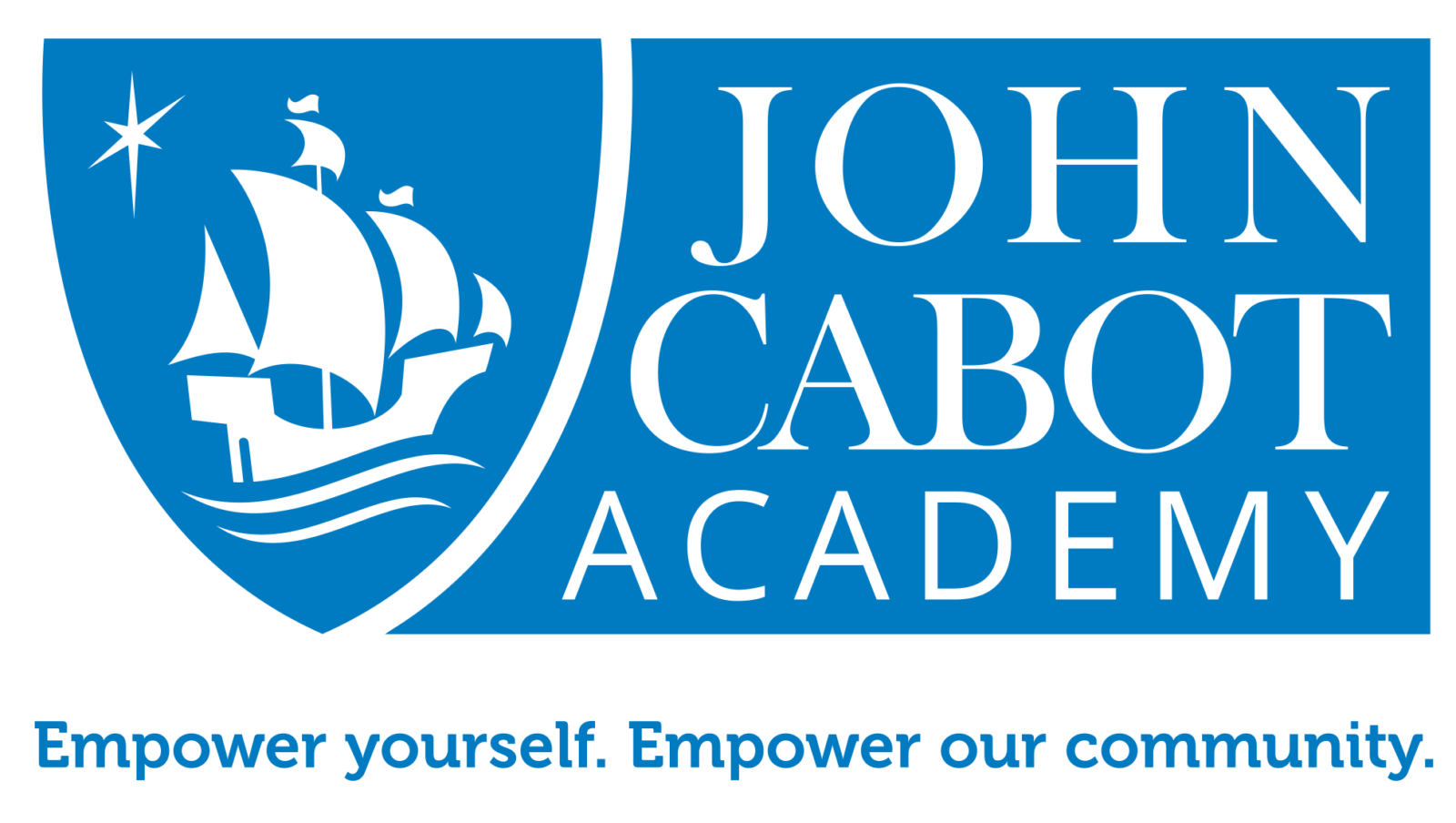Drama
Subject intent
“Communicating through performance whilst empowering students to explore the world with empathy, creativity and confidence.”
Our curriculum is designed to provide a layering of skills over time and encourage the development of the students’ critical facility allowing them to progress towards become reflective, independent and self-directing learners and human beings.
The curriculum at KS3 prepares students for KS4 by developing the skills required for performing devised and scripted work and evaluating and analysing their own performance and that of others. The drama experiences of students at KS2 can be vastly different, so the curriculum is designed with the assumption that students may have had no previous experience, but equally with the flexibility to allow students with more experience to flourish.
Essentially, the content of the two-year KS3 programme follows a similar pattern in Year 7 and Year 8; using skills to communicate meaning, working with the language of scripts and creating stories through devising. In Year 7, the learning is teacher-led and provides the students with the building blocks required for all dramatic performance, with texts and stimuli chosen for accessibility and maximum engagement. In Year 8, the level of difficulty increases in terms of the stimuli and texts chosen from the canon of dramatic literature. The genres studied require more of a reflection on the wider world. The application of the basic skills and techniques is more precise and assured, and the level of independence expected from the students also increases.
Mastery of the subject emerges over time through the experience of each successive performance. Re-teach happens as an inherent and embedded part of the subject. For example, throughout the rehearsal process, students respond immediately to live feedback to reflect on and refine their performances before their final assessment. While a particular final performance will not be explicitly revisited, the skills used in that performance will be explicitly revisited in the following project.
We want our students to become creatives who are passionate and enthusiastic but who feel that Drama is enjoyable and challenging. They will have high expectations of the quality of their work and show that they understand the value of written evaluation and analysis as a way of developing their skills as a performer.
Link to KS4 spec
Curriculum plan
| Term 1 | Term 2 | Term 3 | Term 4 | Term 5 | Term 6 | |
| Year 11 AQA GCSE
| C3 Final scripted rehearsals. Group pupils, sort plays and rehearse. | C3 Final scripted dress rehearsal, tech run and performance. Theatre review. See show and practice essay. | C1 Intense exam practice begins. Set text and theatre review. | C1 Intense exam practice begins. Set text and theatre review.
| C1 Intense exam practice begins. Set text and theatre review.
| Final exams
|
| Year 10 AQA GCSE
| Group, give stimulus, rehearse and write desponse and development coursework.
| Dress run, tech run, final performance. Complete evaluation coursework. Feedback and evaluation.
Group pupils, allocate plays and characters. Rehearse. | Final rehearsals, dress run, tech run and final performance. | Devised. Group pupils, give stimulus, coursework begins, response and development | Devised final rehearsals, dress run, tech run, final performance. Evaluation coursework completed. Exam paperwork filled in, practicals on USB | Formal mocks (July data entry) Read set text (Blood Brothers, Noughts and Crosses) |
| Year 9
| Scripted. This term a variety of extracts from popular and inspiring plays (not the school’s set text) Teechers, DNA, Hansel and Gretal | Scripted. Introduce the pupils to the set text. Read the play, act out key scenes, improvise from themes.
| Devised
| Devised cont. | Introduction to Practitioners. Stanislavski, Brecht, Artaud
| What knots are tied by the end of Year 9? Theatre Review
|
| Year 8
| Voice to create meaning.
Physical skill, Vocal skill, drama techniques, group work and Improvements. | Voice to create meaning continued. Physical skill, vocal skill, drama techniques, group work and Improvements.
| Script. Page to Stage. (Shakespeare, Our Day Out) | Script. Page to Stage continued. (Shakespeare, Our Day Out)
| Devising from stimulus. (Photos, lyrics, songs, props, video, text etc) Why do we need to tell stories? | Devising from stimulus contd. (Photos, lyrics, songs, props, video, text etc) Why do we need to tell stories? |
| Year 7
| Technique Toolkit. Physical skill, Vocal skill, Drama techniques, Group work and Improvements.
| Technique Toolkit contd. Physical skill, Vocal skill, Drama techniques, Group work and Improvements.
| Script and Character. How does language communicate character? Scary Play. | Script and Character continued. How does language communicate character?
| Genre. Different ways of telling stories. Physical Theatre, Pantomime, Commedia, Theatre of the Absurd | Genre continued. Different ways of telling stories. Physical Theatre, Pantomime, Commedia, Theatre of the Absurd |


